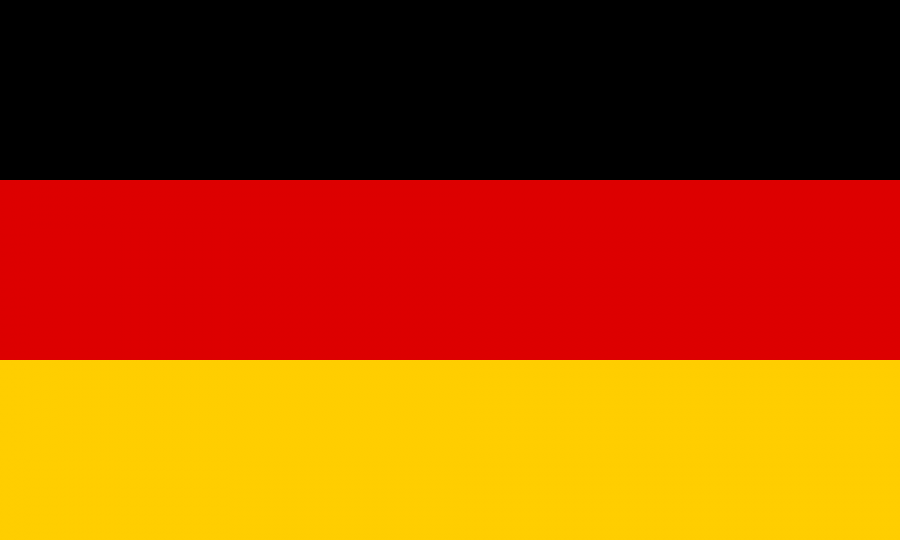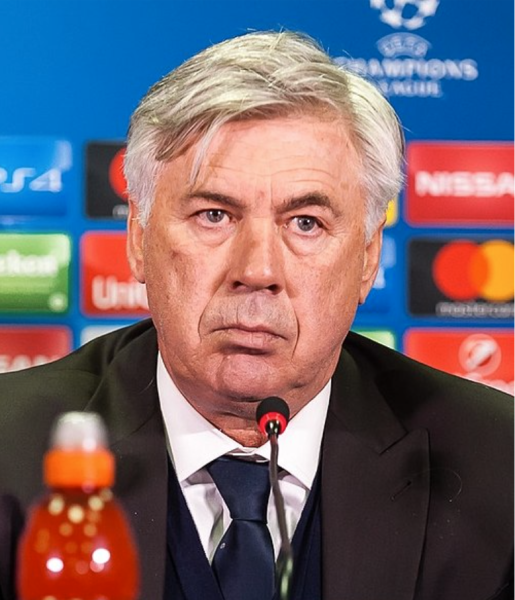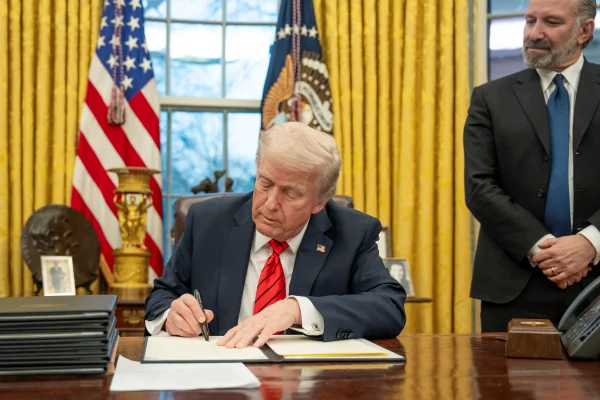The Return of Germany’s Far Right
When people think of nationalism in Germany, they think of a red flag with a black swastika. 70 years ago, Germany was rid of nationalism, but now, as Trump prepares for White House press conferences and Marine Le Pen eyes the French presidency, it is once again on the rise.
It has been more than 71 years since World War II ended and the Nazi regime was taken out of power. Since then, Germany has been divided by East and West, united again, and now, according to a BBC poll, is the most popular country in the world, often seen as a leader of the liberal west.
Germany has spent much of the time since being reunified trying to atone for its past sins. Patriotism has largely been shunned. It is seen as odd to stand for the national anthem, and flags are frowned upon. These social taboos, a result of the fear Germans have of returning to nationalistic ways of old, have caused a spike in nationalism.
The Alternative for Germany (AfD) has been gaining in recent polls. According to Politico, the far-right party will achieve five percent of the vote come Germany’s election day on September 24. That makes AfD the third largest party in Germany, coming just five percent behind the liberal Social Democrats, which sits at 20 percent. German Chancellor Angel Merkel’s Christian Democratic Union, the conservative party, currently has 33 percent of the vote. AfD has come very far since its relatively weak showing in 2013.
Some of AfD’s ideas are not so foreign to Americans. The emphasis on putting Germany first and capitalization on the rising anti-Islam sentiment evoke thoughts of Donald Trump. In fact, Trump rode a very similar wave of populism to the presidency. AfD gains the votes of unlikely voters and even some liberal voters in the same way Trump did. Trump’s surprise victory scares many Germans, who think the same thing might happen for AfD.
An attracting force of AfD is its patriotism. Many Germans are sick of being told to feel shame for the country’s past. A lot of supporters just want to be able to publicly love their country without being looked down upon.
Germany and America are not the only ones facing a surge of right-wing populism. The French National Front’s Marine Le Pen is doing remarkably well in her bid for the French presidency. She is also running on anti-immigration rhetoric. Her specialty is taking the controversial words of her father, Jean-Marie Le Pen, and making them sound nicer. Rather than ranting about illegal immigrants, she talks about immigration policy. Her sprinkle of liberal ideas is attractive to many; promises to defend workers frequently make their way into her rhetoric. In this, her words sound remarkably similar to Trump’s.
Of course, one cannot forget Britain’s Brexit referendum. The far-right, populist push for Britain to leave the EU succeeded due to the rise of nationalism. Nigel Farage, a Brexit leader, was seen on stage at a Trump rally.
Though these groups were already in existence, but Trump’s win strengthened their position. It will be interesting to see where the world is left in two years, after all these elections are said and done.












